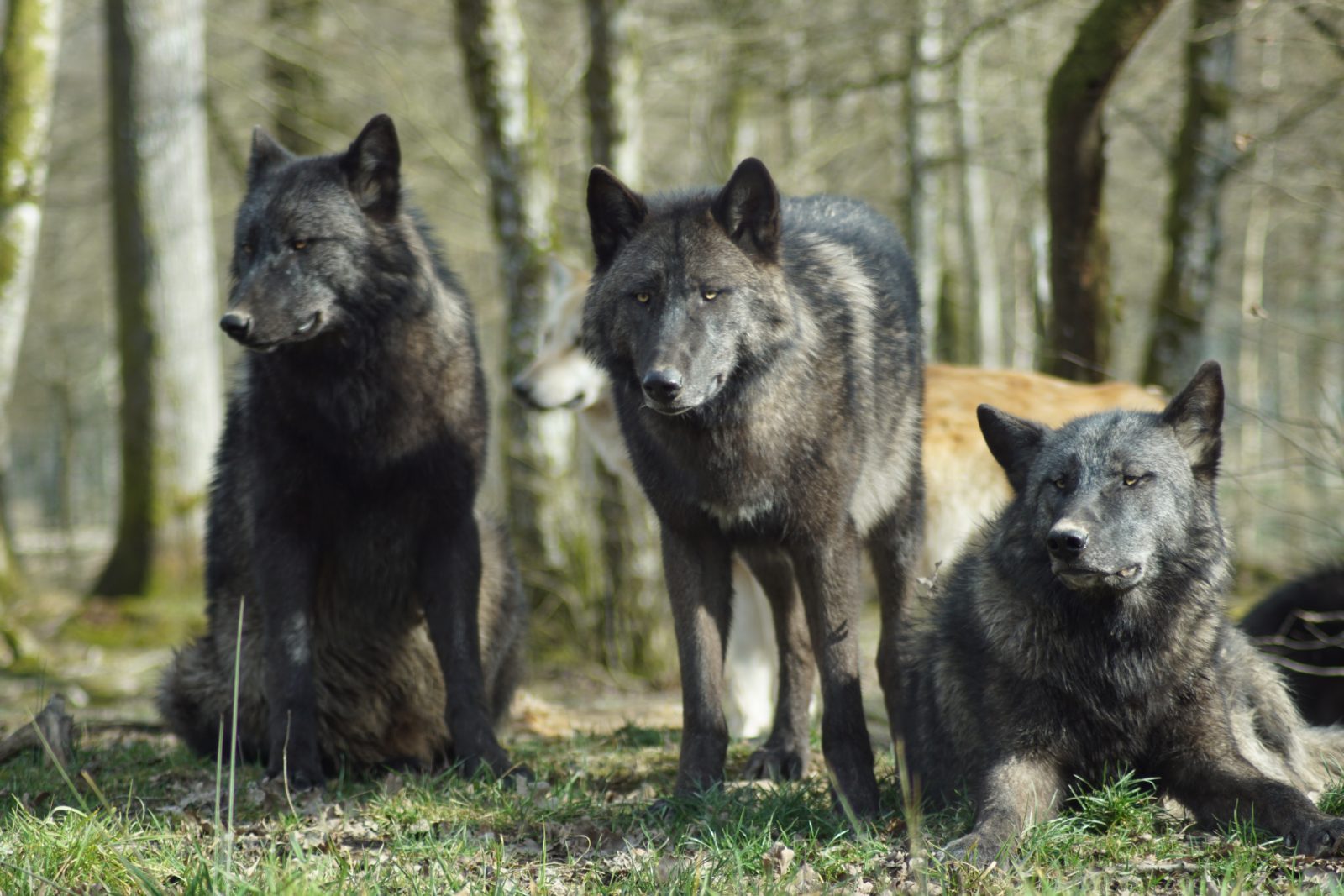According to recent monitoring, the Šumava National Park is home to a thriving population of wolves, with around 36 individuals living in six territories. The wolves’ diet consists mainly of wild game and small mammals, and scientists from Charles University have found that they significantly contribute to hunting deer in the area.
As the wolf population expands, so does the livestock damage risk. Farmers in the region have reported wolf attacks on cattle, but these incidents have been decreasing in recent years thanks to the efforts of breeders to prevent attacks and education about wolf packs.
The development of wolf packs in Šumava is diverse, and keeping the original pack together is not always possible. However, while there may be various changes over the years, there will never be overpopulation because wolves depend on the abundance of food, and this factor, therefore, determines their population.
Overall, wolves in Šumava are a natural and vital part of the ecosystem. Their presence should not cause panic but rather an opportunity to appreciate their contribution to the region’s flora and fauna.






